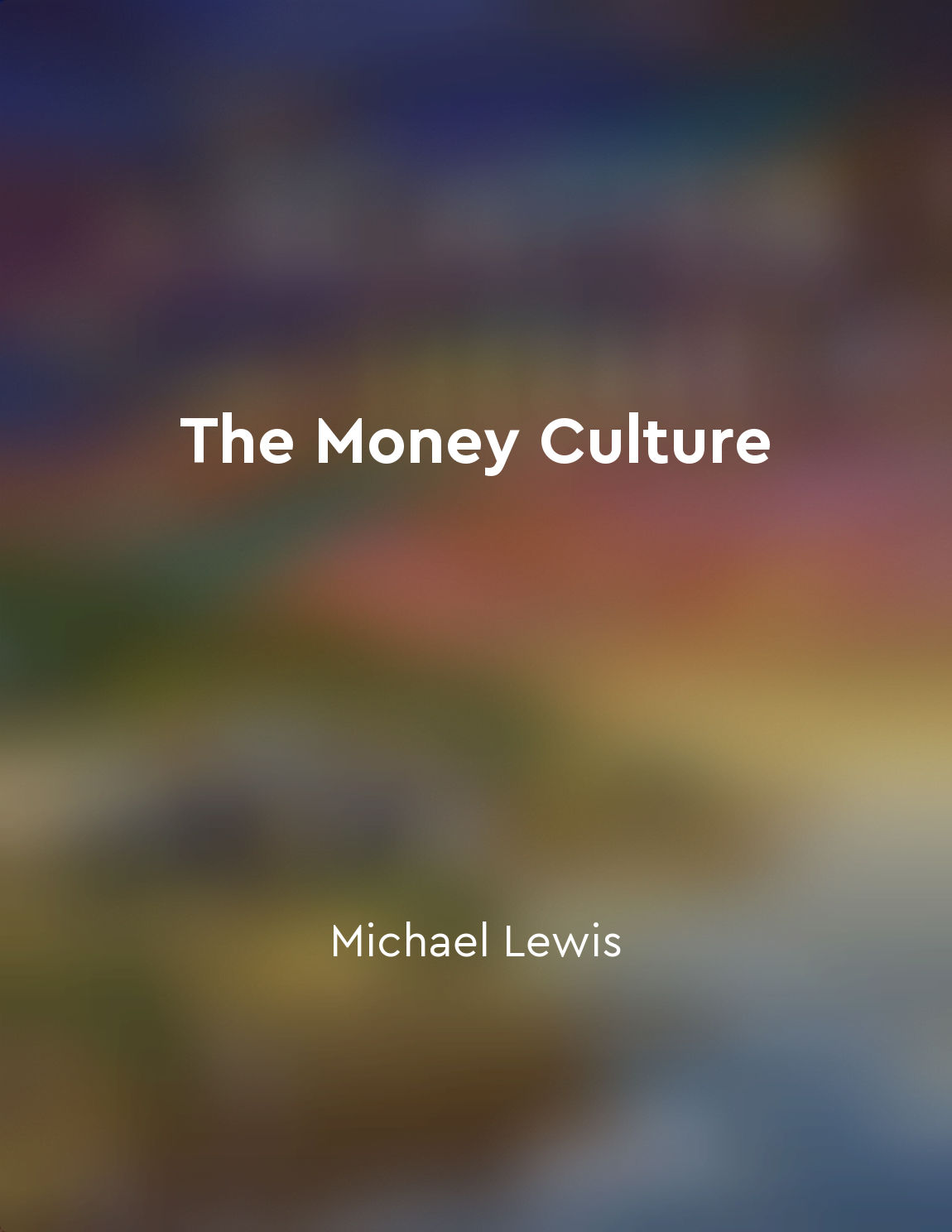Rejection of luxury and extravagance from "summary" of The Protestant Ethic and the Spirit of Capitalism by Max Weber
The rejection of luxury and extravagance is a central concept in understanding the Protestant Ethic and the Spirit of Capitalism. This concept refers to the idea that adherents of Protestantism, particularly Calvinism, viewed material wealth as a sign of God's favor and a reward for hard work and frugality. As a result, they rejected ostentatious displays of wealth and instead embraced a simple and modest lifestyle. Calvinists believed that excessive spending on luxury goods was a distraction from one's true purpose in life, which was to glorify God through hard work and the pursuit of one's vocational calling. They saw frugality as a virtue and viewed wealth as a means to an end rather than an end in itself. This attitude towards wealth and material possessions helped shape the ethos of capitalism by encouraging savings, investment, and economic growth. The rejection of luxury and extravagance was also tied to the Calvinist belief in predestination. Calvinists believed that God had already predetermined who would be saved and who would be damned, regardless of their actions. This belief led them to focus on living a godly life and seeking signs of God's favor, such as material success. By rejecting luxury and extravagance, Calvinists could demonstrate their piety and earn salvation through their actions. In contrast to the Catholic Church, which had historically emphasized the virtues of poverty and humility, Calvinists emphasized the virtues of hard work, discipline, and self-denial. This emphasis on personal responsibility and self-discipline helped lay the groundwork for the development of capitalism by fostering a culture that valued thrift, industry, and innovation.- The rejection of luxury and extravagance was a key component of the Protestant Ethic that helped shape the spirit of capitalism. By promoting frugality, hard work, and self-discipline, Calvinists were able to create a cultural and economic environment that encouraged the accumulation of wealth and the pursuit of economic success.
Similar Posts
No one is crazy
The concept that no one is crazy when it comes to money is a powerful idea that can help us better understand the decisions peo...
Building savings is a necessary step towards financial security
Building savings is not just a good idea; it is a critical step towards achieving financial security. In today's uncertain econ...
The will to power
The desire to dominate, to achieve control over others, to assert one's own will above all else - this is the essence of the wi...

Money is a tool to help you achieve your goals
Money is a peculiar thing. It's a tool that can be used to build a life you want, to provide security for you and your family, ...

Corporate culture emphasizes profit over ethics
In the world of finance, the prevailing ethos is one that places profits above all else. Ethics are often seen as a hindrance t...
Impact of cultural beliefs on economic structures
Max Weber explores the intricate relationship between cultural beliefs and economic structures in his seminal work. He delves i...

The importance of moral values in shaping our identities cannot be understated
In our journey towards self-discovery, we often overlook the profound impact that moral values have on shaping our identities. ...
Seek financial education beyond traditional schooling
To truly become financially successful, one must go beyond what is taught in traditional schools. While traditional schooling p...
Education and continuous learning are key to financial empowerment
To understand how to achieve financial empowerment, we must first recognize the importance of education and continuous learning...

